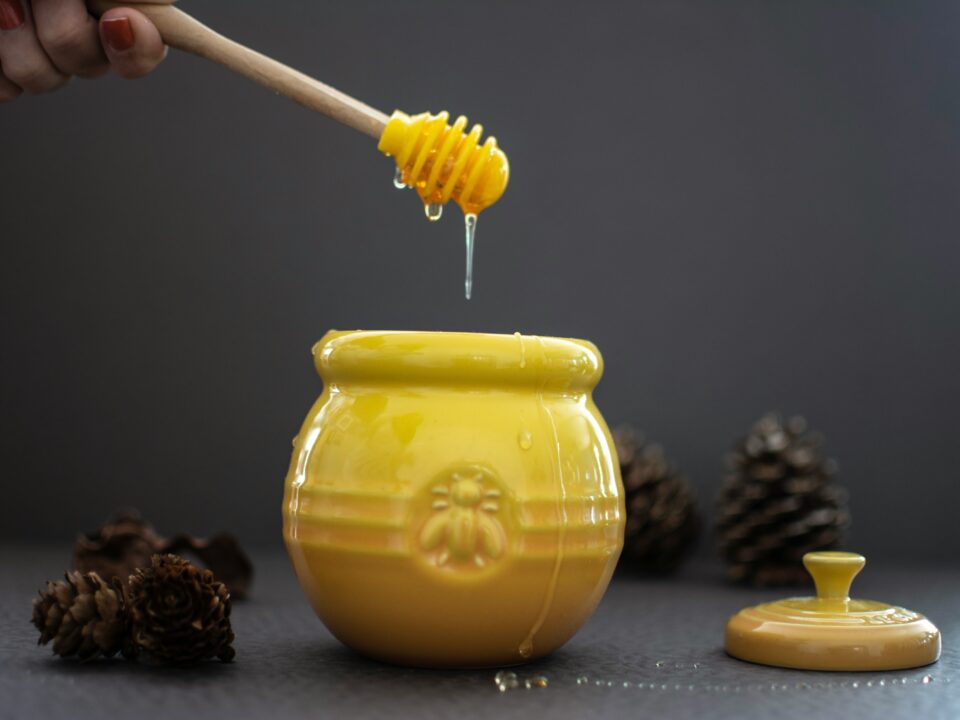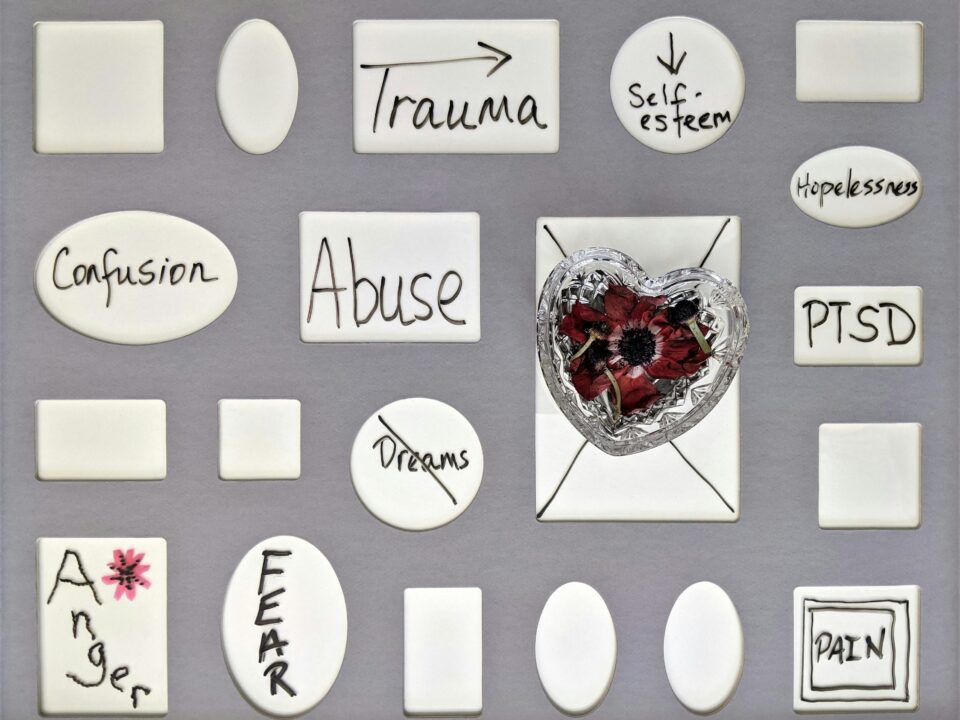
Relationships & Communication: When you assume, assume the best

Relationships & Conflicts: Can you see through this?

When your partner pulls away
When your partner pulls away (for whatever reason), you might be struck by a sense of fear, inadequacy, insecurity, now knowing what to do or plain ol’ panic and pain.
You may wonder: will they still want to be with me?
What did I do wrong?
How can I get them back?
All these questions are valid, yet before you make a move, what may help you, is to get a deeper understanding of what might be happening for them ánd for you.
It's all about feeling safe
Withdrawal is a reaction to a feeling of stress (which sparks a level of unsafety) inside a person.
If you’re the one they’re withdrawing from, know this: it most likely has nothing to do with you. And even if your interaction provoked them to withdraw, it’s never the true reason.
You see, we all have a built-in system to cope with overwhelm or stress. The nervous system detects this as unsafety. What you may experience as unsafe might be totally different for somebody else.
It all depends on our previous experiences in their childhood, relationships, interactions and their conditioning.
The response we develop to unsafety can also be quite different.
Some lash out in anger.
Some try to appease the other.
Or one may need more closeness.
Others need a time-out to be on their own.
When your partner withdraws, what they’re basically saying is: ‘I feel unsafe and I don’t know any other way but to retreat into safety with myself. I need to have some space alone, please just let me be.’
(Author and relationship counselor John Grey argues that the need to withdraw into a cave is common for men, even testosterone-based and a therefore very normal. This is definitely something to take into account. However, I believe that our attachment plays a role too, meaning this movement is not related to gender alone).
Understandably this does something to your system too.
You may have a strong inkling to help. Or you think you know a better way.
You may send angry messages to express your dismay.
Or you work really hard to pull them back in.
Especially if your nervous system reacts to their withdrawal by getting afraid, and you feel anxious with a strong need to be close and in connection, it becomes a dance of two triggered systems with opposite needs.
The question then arises: what need receives more priority over the other?
This is a question I’m asked quite often. It’s a question I’ve even asked myself many times too, as this push-pull is a dynamic I’m all too familiar with.
What to do?
The truth is that forcing somebody to be close when their whole system screams ‘no!’ is useless.
The best response is: let them.
Understand their mechanism, instead of judging it.
Yes, it feels counterintuitive, but it's best to give them space and focus on your own process.
Whatever you feel around this, is valid because it’s yours. And most important is that you stay with your heart, while feeling all the feels… in the end, that’s where you’re home.
Your need for closeness is equally valid, yet you might need to find safety and reassurance with somebody else for now.
A friend for example.
The next best thing.
Trust that your partner doesn’t just stop loving you, and that they’ll come back a better person.
No, the next best person will never replace your partner; nobody can. Your partner comes with their own unique vibe after all.
But what’s good to remember is that you and your partner cannot be everything to each other.
Sometimes you can’t find the meeting point – and that is normal. What matters is that you are able to repair when you’re back together.
The deeper question for the both of you, however, is: ‘how can we find ways to feel more secure in ourselves, so that the need for withdrawal or closeness – both based on fear – becomes more neutralized?’
I’m not saying that any of these mechanisms are something to be judged; I’m saying that it’s possible to learn new ways to shorten the time of withdrawal or communicate about it in a safe way.
You deserve a new sense of safety within, through healthy, mature sovereignty.
Love to you,
Michelle
Can I support you on your journey? Let's have a chat and see how!






